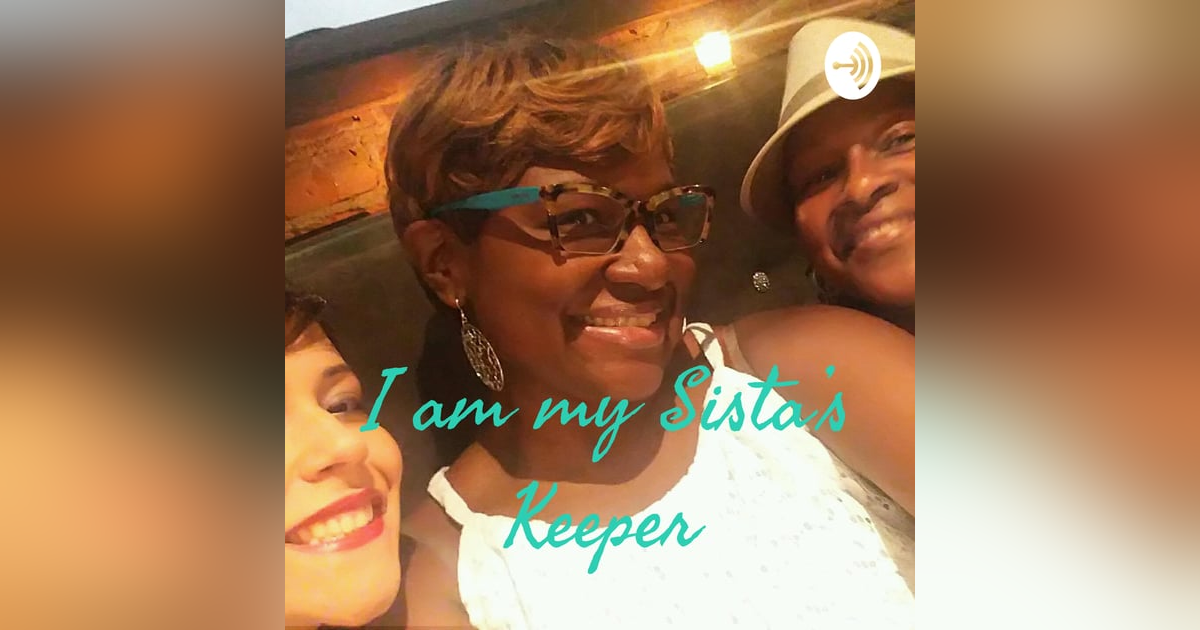Sept. 9, 2023
Handling Grief is a #$%&×∆

Coping with grief and loss looks different for everyone, but here are some effective strategies that may help:
1. Allow yourself to grieve: Recognize that grief is a normal and natural response to loss. Give yourself permission to feel all the emotions that come with it, such as sadness, anger, guilt, or confusion. Avoid suppressing your emotions and try to express them in healthy ways.
2. Seek support: Reach out to friends, family, or a support network who can provide a listening ear, understanding, and empathy. Consider joining a support group for individuals experiencing similar loss to share your feelings and find comfort in others who have been through a similar experience.
3. Take care of yourself: Prioritize self-care during this difficult time. Get enough sleep, eat nutritious meals, exercise regularly, and engage in activities that bring you joy or relaxation. Taking care of your physical and emotional well-being can help you cope with grief more effectively.
4. Express your feelings: Find healthy outlets to express your emotions. You may consider writing in a journal, creating art, listening to music, or engaging in activities that allow you to process your feelings. Talking to a therapist or counselor can also provide a safe space to express and work through your grief.
5. Maintain routines and structure: Establishing a sense of routine can provide a sense of stability during a time of loss. Maintaining regular activities and daily routines can help you feel more grounded, even when grieving.
6. Allow yourself time and space to heal: Grief is a long process that may not have a set timeframe. Be patient with yourself and understand that healing takes time. Avoid rushing the process or setting unrealistic expectations. Give yourself permission to heal at your own pace.
7. Remember the good memories: Reflect on the positive memories and experiences you shared with the person or thing you've lost. Celebrate their life and the impact they had on you. It can be helpful to create rituals or tributes to honor their memory.
8. Seek professional help if needed: If your grief feels overwhelming, persists for an extended period, or significantly interferes with your daily functioning, it might be beneficial to seek professional help. A therapist or counselor specialized in grief and loss can provide guidance, support, and coping strategies tailored to your specific needs.
Remember, there is no right or wrong way to grieve. Each person's experience is unique, so it's important to find what works best for you and give yourself permission to navigate through the grief in your own way. Love You❤️💋
---
Send in a voice message: https://podcasters.spotify.com/pod/show/carla337/message
Support this podcast: https://podcasters.spotify.com/pod/show/carla337/support





